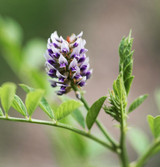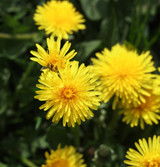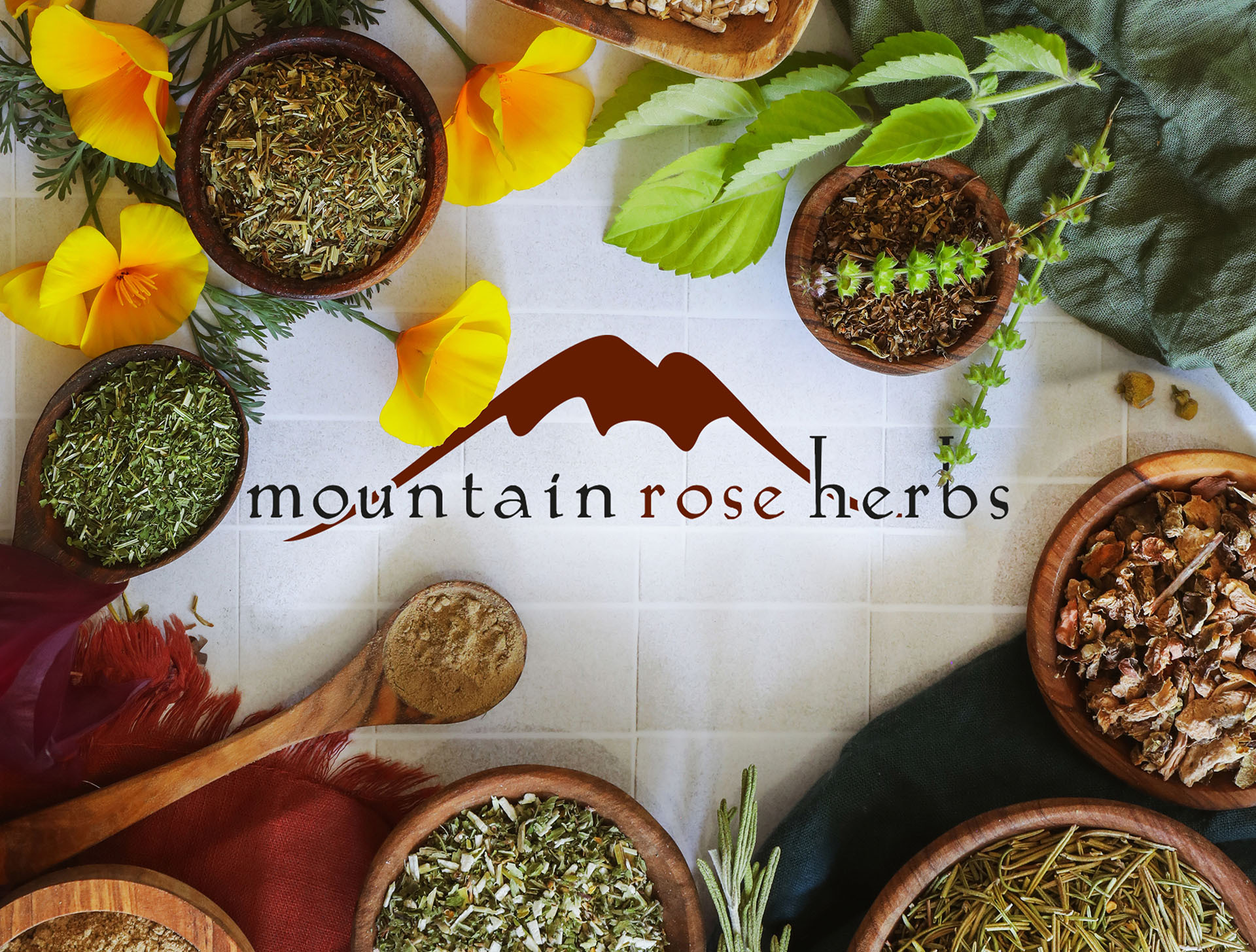Rhodiola root has been a prominent herb in Europe and Asia for its adaptogenic properties and has only recently become popular in North America. Occasionally referred to as stonecrop, wild Rhodiola rosea stands have been experiencing the results of overharvest from high consumer demand. We work with sustainably-minded farmer partners for an organically cultivated supply of this beloved root. Rhodiola powder is often tinctured and used for encapsulating.
Now certified organic! The floral scented rhodiola root, used for thousands of years in Europe and Asia, has just recently been introduced to the U.S. Traditionally; one of its main uses in the Himalayas was for occasional altitude related discomforts.
Rhodiola promotes a healthy response to stress and supports adrenal functioning.*
Our rhodiola root is coming from one of the few cultivated varieties in the world. It is grown and tended in soil free from chemicals and pesticides and is in accordance with the Good Agricultural and Collection Practice for Herbal Raw Materials (GACP). The GACP ensures herbal raw material will be correctly identified, non-adulterated, has accurate representation regarding the quality of the product, and is sustainably harvested.
Rhodiola rosea is only one of 90 Rhodiola species (55 of which are found in China, and 30 of which can be found in Tibet) all of which resemble sedum (Sedum sp.), the popular garden ornamental, and are members of the Crassulaceae family. Both of these genera are often referred to as 'stonecrops' due to their ability to survive in dry rocky areas. Many different species are used traditionally and somewhat interchangeably. The following have been used in Traditional Chinese Medicine (TCM) R. crenulata, R. sacra, R. algida, R. dumulosa, R. henyri, R. rosea, R. yunnanensis, R. kirilowii, R. sachalinensis. R. rosea is a perennial that prefers arid sandy soil and grows at very high altitudes, particularly in the arctic areas of Europe and Asia.
Rhodiola grows in North America as well, in Canada and in the United States. In the U.S. it is native to eastern Maine and southern Vermont (although in Vermont it is considered extremely rare and threatened), and introduced to Connecticut, Alaska, Maine, New York, Pennsylvania, and North Carolina, and can possibly be found in mountainous regions in several other states. This species has a fragrant rose smelling rhizome, hence the name of the specific name 'rosea.' The generic name refers to its fragrance as well, and is derived from the Greek 'rhodon', which also means 'rose'.
R. rosea may grow up to 20 years before being harvested in the wild. Popularity of this herbal supplement has led to overharvesting in the wild in recent years. Several states and countries are avidly working to protect this species from extinction by classifying it as endangered. Thus, globally, a high demand for commercially cultivated R. rosea is underway.
The use of Rhodiola for medicinal purposes dates back to the time of the Greek physician, Dioscorides, who documented its use in 77 C.E. In his medical text De Materia Medica, he referred to it as 'rodia riza', Linnaeus eventually extrapolated its Latin binomial from this term. It has been used in folk medicine for more than a thousand years with some of its first recorded uses being in Tibet and China. It was originally utilized in Tibet, where at least 30 different Rhodiola species are found and where some of the towns boast an altitude of over 10,000 feet. Villagers in the mountainous regions of Siberia gift a bouquet of rhodiola root as a good luck charm to couples before their marriage ceremony with wishes of fertility and happy children. In Asia, a tea of rhodiola was considered to be helpful, especially in winter months.
The harvesting and preparation of rhodiola, referred to as 'golden root,' was a well-kept family secret in these regions for generations. In Siberia it was taken, in secret to the Caucasian Mountains where it was traded for a variety of goods including wine and honey. In ancient times, emperors from China used the rhodiola from Siberia for medicinal purposes. In TCM, this root was considered to be a plant which nourished chi (energy or vital force) and encouraged circulation.
This adaptogenic herb has been used as folk medicine for centuries used in Russia, Scandinavia, and in many other countries. Rhodiola was employed in Russia to boost the stamina of Olympic athletes and was even taken by cosmonauts to support physical and mental performance. The scientific literature from Sweden, Norway, France, Germany, the Soviet Union, and Iceland has supported the efficacy of rhodiola as far back as 1725 and continues to do so. Since 1960, more than 180 research studies have investigated rhodiola's properties particularly as an adaptogen. However, it has only become popular recently in the West, possibly due to the fact that historically, most of the studies were published in languages other than English.
Sweet and slightly bitter taste. Energetically cold to slightly warm. Its flavor is sweet and bitter, and energetically it is believed to be a cold herb. However, it is sometimes listed as 'slightly warm,' and some deliberation on this is most likely related to the variance in species similar to the variance in the energetics of various types of ginseng.
Rhodiola also goes by the names of Arctic rose, golden root, king’s crown, roseroot, rosewort, and snowdown rose.
Precautions
No known precautions. We recommend that you consult with a qualified healthcare practitioner before using herbal products, particularly if you are pregnant, nursing, or on any medications.
*This statement has not been evaluated by the Food and Drug Administration. This product is not intended to diagnose, treat, cure, or prevent any disease. For educational purposes only.











